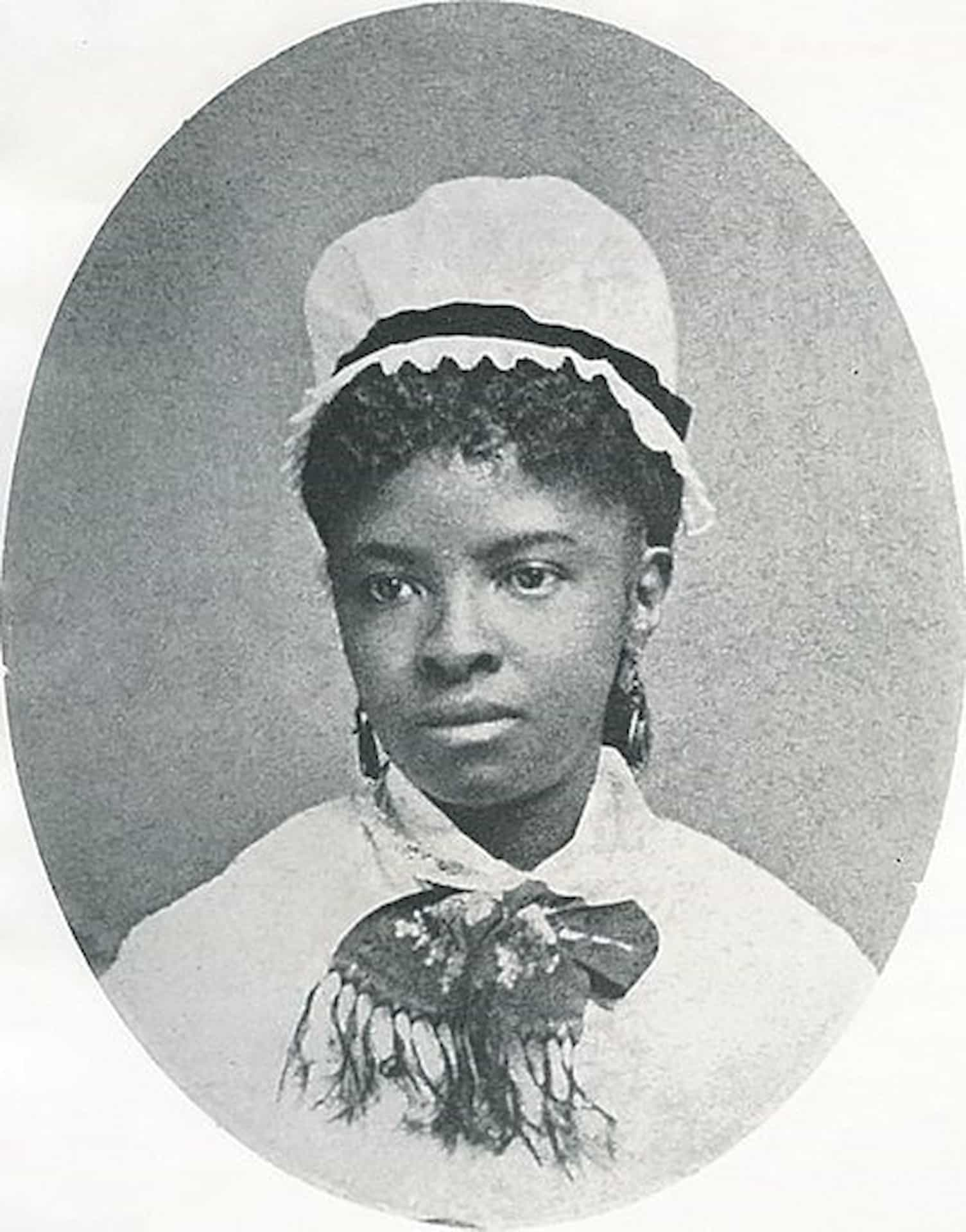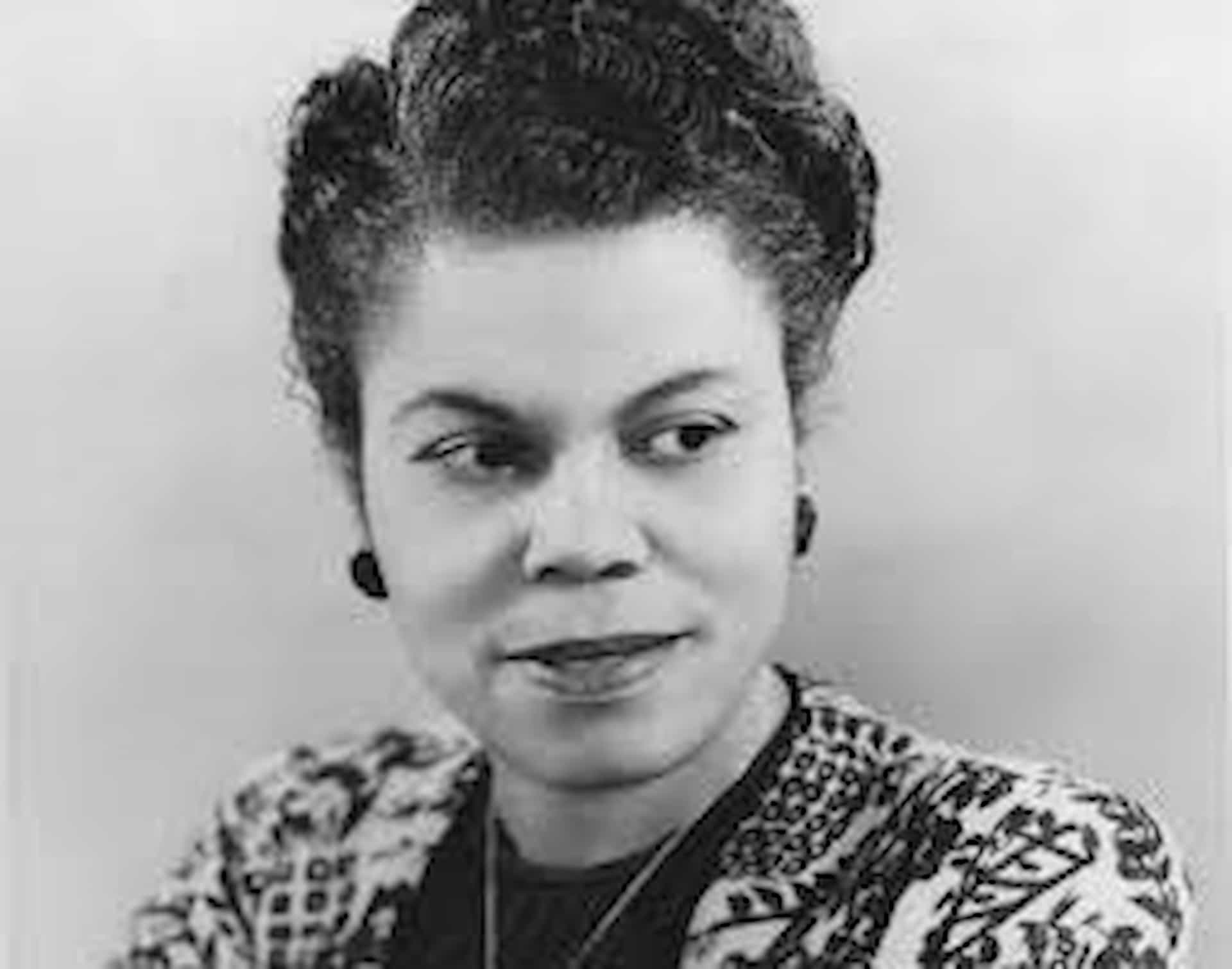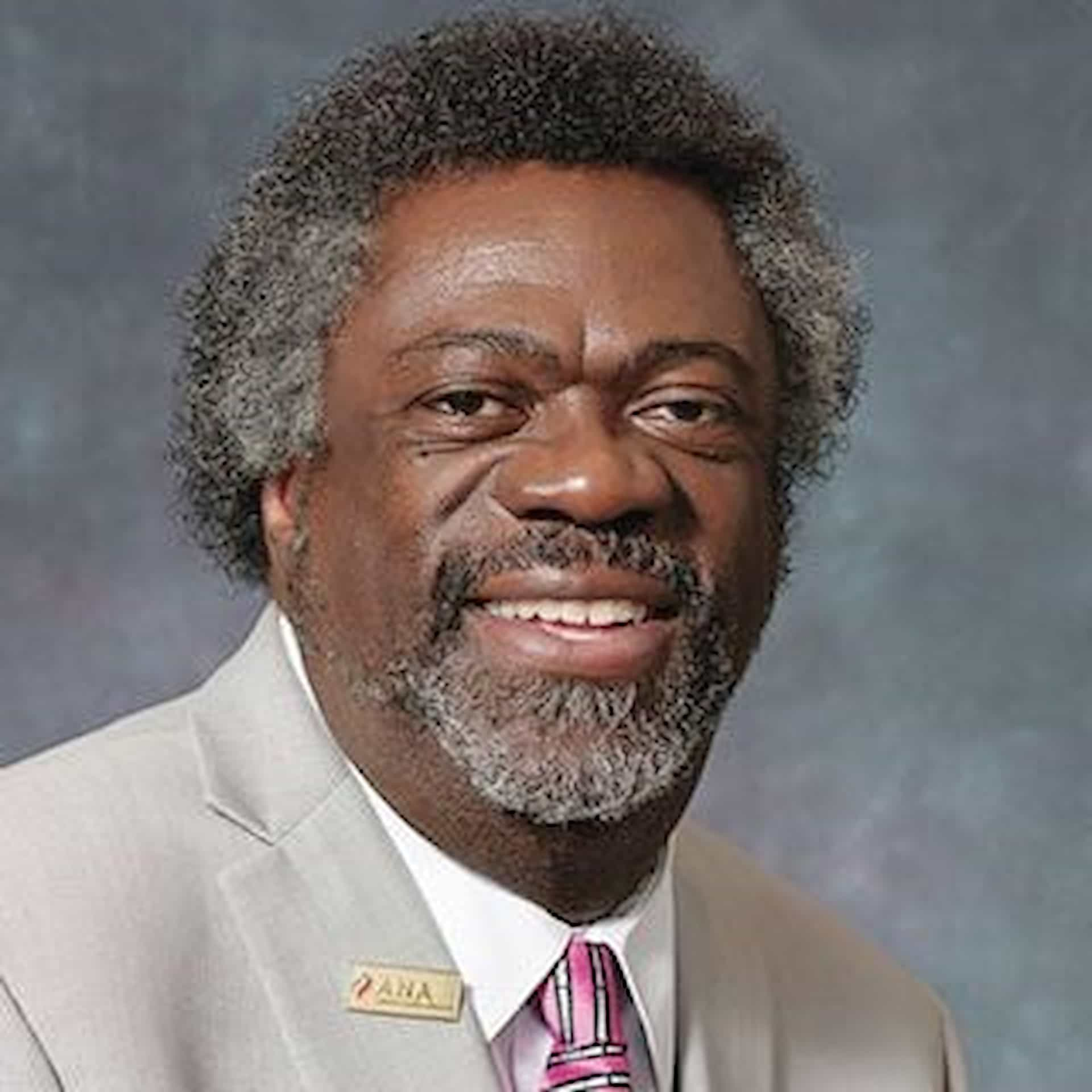Breaking Barriers: The Role of Black Nurses in Hospice Care
Black nurses have shaped the field of hospice care through their dedication to advocacy, compassion and equity. These trailblazers have worked tirelessly to provide culturally sensitive, patient-centered care, often overcoming systemic barriers to improve end-of-life experiences for underserved communities.
One pioneering nurse who profoundly impacted healthcare is Mary Eliza
 Mahoney, the first Black professionally trained nurse in the United States. While Mahoney’s career predated the modern hospice movement, her unwavering commitment to equity and excellence in nursing set a powerful precedent for Black nurses in all specialties, including hospice care. Her leadership helped break racial barriers, paving the way for future generations of Black nurses to enter and shape the profession.
Mahoney, the first Black professionally trained nurse in the United States. While Mahoney’s career predated the modern hospice movement, her unwavering commitment to equity and excellence in nursing set a powerful precedent for Black nurses in all specialties, including hospice care. Her leadership helped break racial barriers, paving the way for future generations of Black nurses to enter and shape the profession.
Estelle Massey Osborne also left an indelible mark on nursing and

hospice care. As the first Black nurse to earn a master’s degree, Osborne championed access to nursing education and fought to integrate Black nurses into all areas of healthcare. Her advocacy for equitable care aligns closely with the mission of hospice to ensure dignity and compassion for every patient, regardless of background.
Today, Black nurses continue to lead in hospice and palliative care. Dr.

Ernest Grant, a registered nurse and current president of the American Nurses Association, advocates for equitable healthcare policies and addresses disparities that affect end-of-life care. While not exclusively in hospice, Dr. Grant’s leadership highlights the critical role nurses play in shaping compassionate, patient-focused systems.
This Black History Month, we celebrate the profound impact of Black nurses on hospice care. Figures like Mary Eliza Mahoney, Estelle Massey Osborne, Dr. Ernest Grant, and countless others remind us that breaking barriers transforms lives—not only for patients but for families and communities as well.
